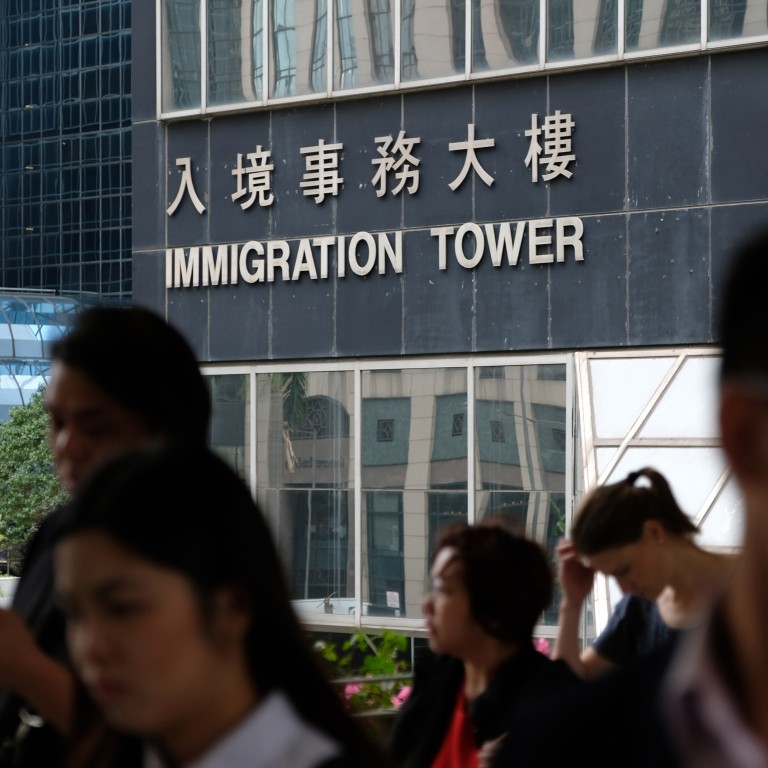
Empathetic follow-up needed on transgender identity card decision
- The new criteria for changing the gender on ID cards is a step forward for the transgender community. But the government should be open to feedback and engagement on whether the requirements are still too strict
It took years for two transgender people to win a landmark court victory and more than a year since for the government to finally enforce it.
The pair can now apply to the commissioner for registration for a gender change on their Hong Kong identity cards without having full sex-reassignment surgery, after the Court of Final Appeal ruled in February last year that the requirement is unlawful.
The change is welcome, if overdue. But it may still leave room for further improvement.
While the revised criteria no longer includes full sex-reassignment surgery, it remains a concern to some that applicants must still have completed certain surgical procedures to modify their sexual characteristics, along with presenting the relevant medical proof and supporting psychological documentation.
The question is whether the requirements are still too strict and leave the authorities without enough flexibility in applying them. In that regard they should be open to feedback, including the take-up rate, and engage with the LGBTQ community to see if there is a need to adapt the requirements over time.
Hong Kong lifts full sex reassignment criteria for changing gender on ID cards
The government said it finally changed the criteria after “prudently considering the objective of the policy, relevant legal and medical advice, as well as drawing reference from the relevant practices overseas”.
It had a wealth of overseas experience to draw on, and should stay abreast of it. Britain, for example, requires applicants to be 18 or above, diagnosed as suffering from gender dysphoria, to live in their acquired gender for at least two years and be willing to do so for the rest of their lives. Requirements in the US are more relaxed.
The case only involves an amendment to the gender shown on identity cards, not a change for legal purposes. But the issue has a serious impact on the daily lives of those concerned.
Henry Edward Tse, one of the litigants, spoke about having to supply a lot of materials when seeking bank services and avoiding gyms where he is required to use women’s changing rooms.
“The new policy does not mean that all the discrimination and harm caused by the long delay will be wiped out,” he said.
Tse also expressed concern about the requirements, in particular the specified surgery and blood test, and wondered how the government would handle individual cases.
Zephyrus Tsang, a trans male activist and doctor who co-founded Quarks, a peer network for trans youth, said he worried that the policy would sway the decisions of transgender people, and even induce them to receive medical services involving risks and complications.
All that said, the new criteria for changing the gender on ID cards is a step forward for the transgender community, given that it has been nearly impossible until now. It would be a pity if such important progress is diminished by a lack of empathetic follow-up.

